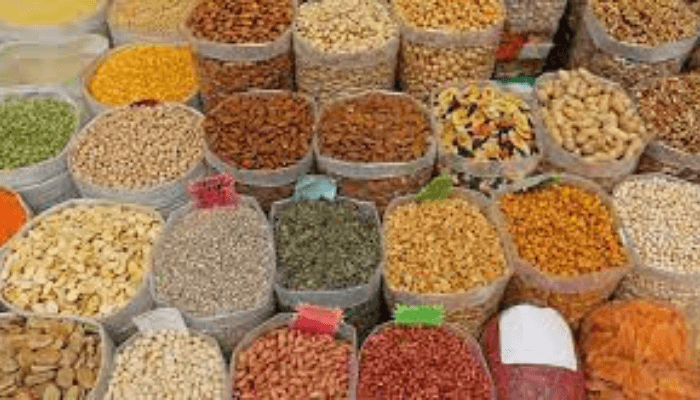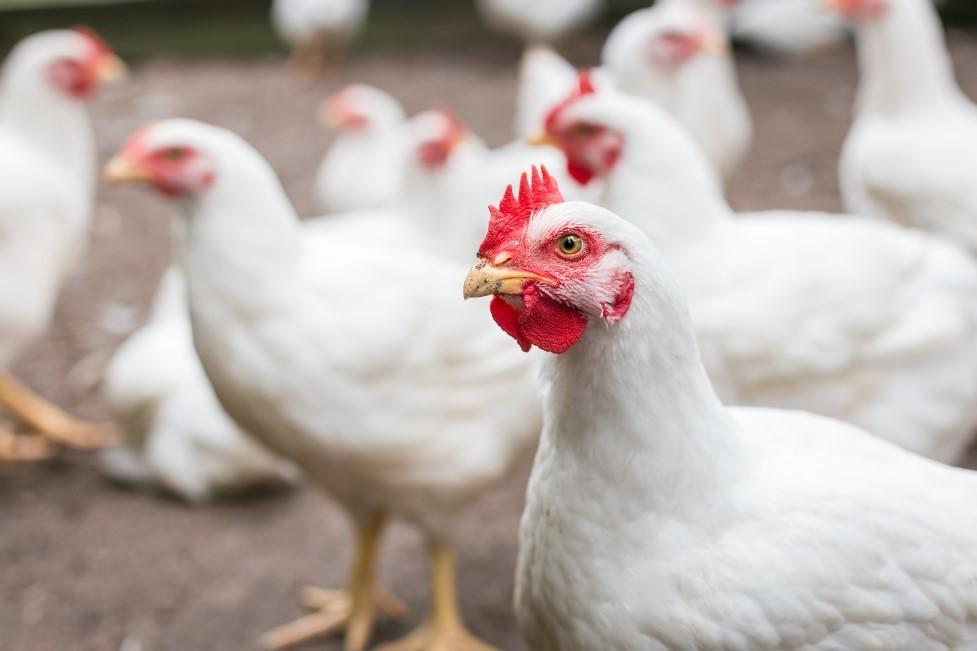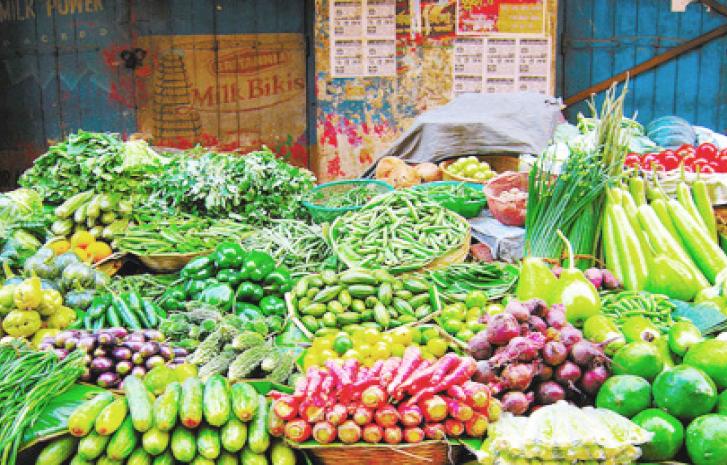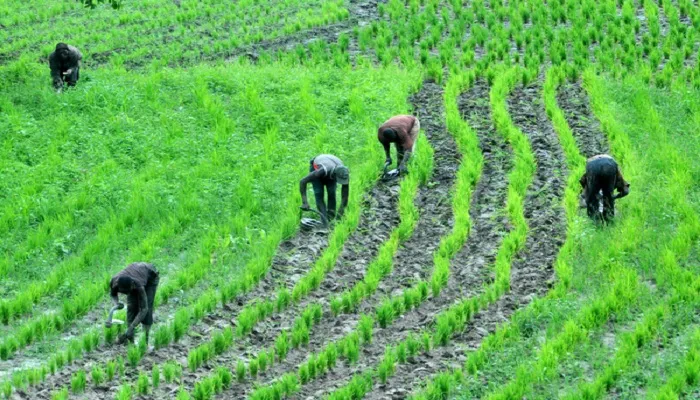Today, global agriculture is rapidly developing, with new technologies being constantly introduced to unleash the potential of this industry and make it more sustainable. Sustainability in farming implies preserving natural resources while satisfying the world’s demand for healthy food. However, the use of traditional techniques and outdated tools can hold farmers back from enjoying the benefits of sustainable production. This issue is especially evident in Nigeria, as the country is far behind in terms of sustainable agriculture techniques application.
Two-thirds of the country’s labor force are farmers, making agriculture the backbone of Nigeria’s economy, providing both foods for its residents and valuable cash crops for export. However, local growers are quite conservative and still stick to traditional farming techniques, neglecting the innovations. This leads to natural resource depletion and hence lower yields in the future.
In this piece, we have gathered a few modern farming tips to help Nigerian growers be more efficient and sustainable.
1. Water Protection and Conservation
Water is frequently used extremely ineffectively in farming, usually leading to its overapplication. This entails both depletion of water resources and significant financial losses on the part of the farmer. Carefully planning the irrigation process and system is one of the most imperative measures a farmer must take to conserve natural and personal resources. But this involves more than just cutting the irrigation time.
Smart irrigation starts with planning. And the main factor here would be the weather. By monitoring local weather conditions like rain, drought, or hot temperature, growers will be able to estimate the need for irrigation at a particular time, saving resources in case of the upcoming rainfall or applying more in case of a drought approaching.
2. Crop Rotation
Crop rotation is one of the main pillars supporting sustainable agriculture. It represents the basis for all agronomic measures, particularly soil cultivation systems, fertilization systems, soil erosion prevention, and crop protection from weeds, diseases, and pests.
Crop rotation contributes to the replenishment and better use of soil nutrients, improving and maintaining favorable physical and biological properties of the soil, protecting it from water and wind erosion, preventing the spread of weeds, diseases, and pests. And all of this is possible thanks to smart decisions on what crop to plant and when to receive maximum benefit depending on the crop properties and soil condition. Such practice significantly reduces the use of different chemicals, saving time and money on their purchase and application.
3. Biodiversity Management
Biodiversity is critical to any agricultural system. A deliberate refusal to maintain and develop biodiversity, despite the availability of methods and technologies, will inevitably act as a limiting factor for the growth of agricultural production.
Biodiversity management implies planting crops, trees, shrubs, flowers, etc., to help the crops thrive. For instance, flowers can attract beneficial insects, and some plants can attract insects adversary to the harmful pests that threaten the crop. Besides, trees and shrubs can help prevent soil erosion by keeping the soil nutrient-rich without chemical fertilizers or pesticides.
To apply these tips to a farm, growers can use modern farming technology explicitly developed to help monitor and analyze fields even remotely. This could be software that leverages satellite data, different field devices, drones, and vehicles. This will allow for easy and fast field data collection and analysis for improved decision-making. And decisions that rely on precise, accurate, and relevant data are what lead to sustainability. That is why, by adopting sustainable practices, farmers in Nigeria could reduce their reliance on nonrenewable energy, reduce chemical use, and save natural and financial resources.





